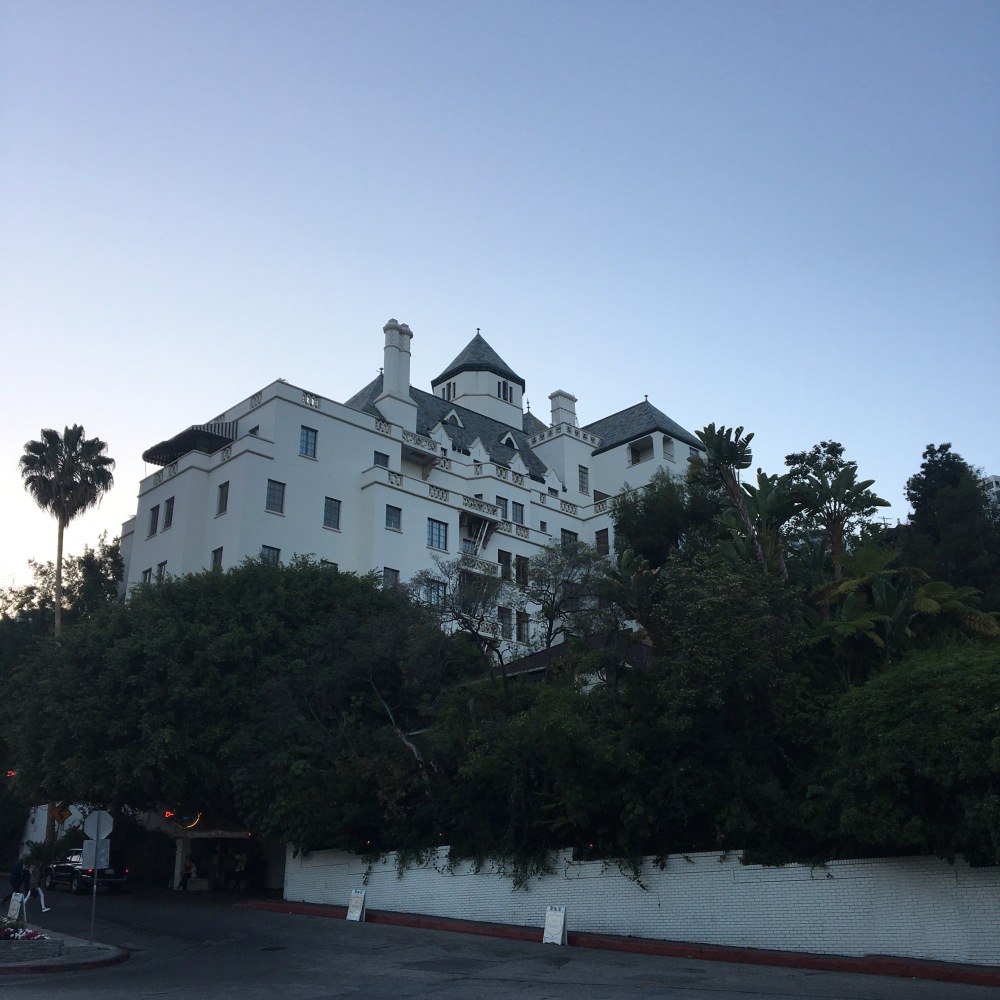The Upside of Rejection
Rejection comes in many forms, doesn’t it? It’s sending a message to your match on Bumble to notice you’re suddenly unmatched seconds later. It’s having a recruiter view your LinkedIn profile for a dream job only to never hear back. It’s making eyes at the cute guy across the bar to realize he’s eying up the woman (or man) standing behind you. It’s wanting a snuggle from your dog and having them prefer to curl up with your spouse. Okay, that last one isn’t really rejection. Maybe your spouse has bacon in their pocket? Probably.
Point is, rejection is all around us. All the time. And it can feel end of times horrible. Like falling down a dark hole or being buried alive. Or, it can uncover something really meaningful. Without sounding too sunshiny, which is not really my style anyway, I’ve been thinking a lot about the latter.
But first, here’s the thing…
Show business is fucking tough. It’s likely that doesn’t come as a surprise to most people, hence why most people don’t pursue it. Aside from the financial instability that comes with chasing something so volatile and elusive, there’s an emotional side to it too. Pouring one’s heart and soul into something, in some cases pulling from very personal experiences, all in the name of creating art that could one day reach a receptive audience is the holy grail. I’d like to think it’s why most people do it. But in order to reach that holy grail, to come even marginally close to making a viable living as a screenwriter or director or actor or any other discipline that involves storytelling, you have to get really comfortable with the word no. Or, no thanks. Or, I’ll pass. Like, having someone rub your head while telling you a story, comfortable. Like, laying in a hammock on a hot summer’s day and gently swaying in the cool breeze, comfortable. Like, having Betty White hold you and tell you everything is going to be okay, comfortable. Comfy.
I’ve always been told, the best way to break in (if you’re a screenwriter) is to just keep writing! And this is 50% sound advice. You need to build up your arsenal of polished projects. You can’t go out into the entertainment market with only one script. You need several. Most literary managers will suggest a minimum of four projects. And not first drafts either, those little babies need to be fully baked. You need to engage script readers, pay for industry evaluations, host table reads, have friends read your material, edit, rewrite and repeat. As this writer/director aptly put it on Twitter: Editing is the slow process of losing your fucking mind so that the characters might have their own.
AMEN, sir. And this is only step one. Once your babies are ready to be released into the cruel cruel world, you – as their creator – must hustle and network and foster relationships (meaningful relationships) and pitch and schlepp your wares around Hollywood until someone sees something in your project that previously only you could see. Until you get a YES. This could come in many forms, of course. It could be a yes to reviewing your material. Even better, a yes to producing and/or financing your material. Or a yes, I’d like to option or purchase your material. All of that is a delicious crack into the unbreakable bubble that seems to surround this industry.
Since leaving my job in June to focus on screenwriting full-time (or as long as my bank account would allow), my metaphorical babies felt ready to be revealed last September, and so the door knocking fully commenced. Two features and two pilots (both with series bibles). In the past few months I’ve been dedicated to networking, meeting new friends for coffee, leaning on existing friends to introduce me to producers and managers and scheduling as many pitch meetings as I could manage. I’ve also been submitting a short film I wrote, produced, directed and self-funded to film festivals across North America. Here’s the part of this blog post where I bust out some stats…
Rejection by the numbers
Number of meetings I’ve secured with potential literary managers – 2
Number of literary managers I’ve signed with – 0 (you only need one, btw)
Number of film festivals I’ve submitted to – 27
Number of festivals that have said no thank you (so far) – 14
Number of film and television projects I’ve been pitching – 4
Number of pitches I have delivered – 19
Of those pitches, number of development execs who agreed to review my material – 6
Number of dev execs who reviewed my material and decided to pass – 2
As you can see, a lot of grinding needs to take place in order to bump up your odds and find that one YES to kickstart your career. Not that the hustle ever ends, even if you come out of the gate with a financial or critical hit. But it definitely helps.
Here’s the secret to all of this, tho
Returning to my initial point about uncovering something meaningful amidst all this rejection – FEEDBACK. With each and every no, I’ve received some really constructive and helpful advice. Ways to elevate my stories, pick up the pacing, develop my characters, possible plot twists and ways to drive home what my protagonists have at risk but also what motivates them. It’s made me a better writer.
So, if you’re a screenwriter and you’ve made it this far (in this lengthy blog post but also in your own creative process), I can’t tell you how life changing a regular dose of rejection can be. It could be the very thing that helps you sell your first script.

Follow along @thelasessions

 Follow along
Follow along 

